Chaysavanh Manichanh.
Vall d’Hebron Research Institute (VHIR), Barcelona, Spain
[tabs] [tab title=Presentació icon=”desktop” icon_color=”#87B1B5″]<
[/tab] [tab title=Abstract icon=”book” icon_color=”#87B1B5″]
Lesson from the human gut microbiome
Chaisavanh Manichanh.
Vall d’Hebron Research Institute (VHIR), Barcelona, Spain.
Functions of the gut microbiota affects many aspects of our systems physiology, ranging from processing and harvesting of nutrients from our diets, to shaping the features of our innate and adaptive immune system. Any factors that disturb this mutualism could result in diseases. Over the last decade, the limitations of culture-based methods have been overcome thanks to Next Generation Sequencing techniques, allowing us to understand the microbial gut community in greater depth through the study of microbial genes or full genomes, called metagenomics. To catalyse the field, the NIH and the European Commission have launched, in 2008, the Human Microbiome and the MetaHIT Projects, respectively. These initiatives have allowed a deep characterization of the human gut microbiome in health and disease states. The human GI-tract harbours one of the most complex and abundant microbial ecosystems colonised by more than 100 trillion microorganisms, and the number of microbial genes is about 100 times higher than that of our own genes. Although stable across ages, the composition and functions of the microbiome may be influenced by a number of factors including genetics, mode of delivery, age, diet, geographic location and medical treatments. Alteration in the microbiome structure and function has been linked to inflammatory, functional and metabolic disorders such as IBD, IBS and obesity.
[/tab] [tab title=Currículum Vitae icon=”briefcase” icon_color=”#87B1B5″]
Chaysavanh Manichanh. PhD (University Pierre et Marie-Curie, Paris, 2001) is a research scientist, head of the Metagenomics Lab in the Department of Physiology and Physiopathology (Vall d’Hebron Research Institute, Barcelona). Since 2002, she is using meta-omics approaches to study the human microbiome associated with human diseases. She has collaborated with the European MetaHIT consortium in building a comprehensive gene catalogue from the human gut microbiome and has participated in the International Human Microbiome Standards (IHMS) project that seeks to coordinate the development of standard operating procedures (SOPs) and protocols to optimize data comparisons in the human microbiome field. With her group, she develops molecular as well as bioinformatics tools to characterize the human microbiome associated with different human disorders (https://sites.google.com/site/manichanhlab/).
[/tab] [/tabs]


